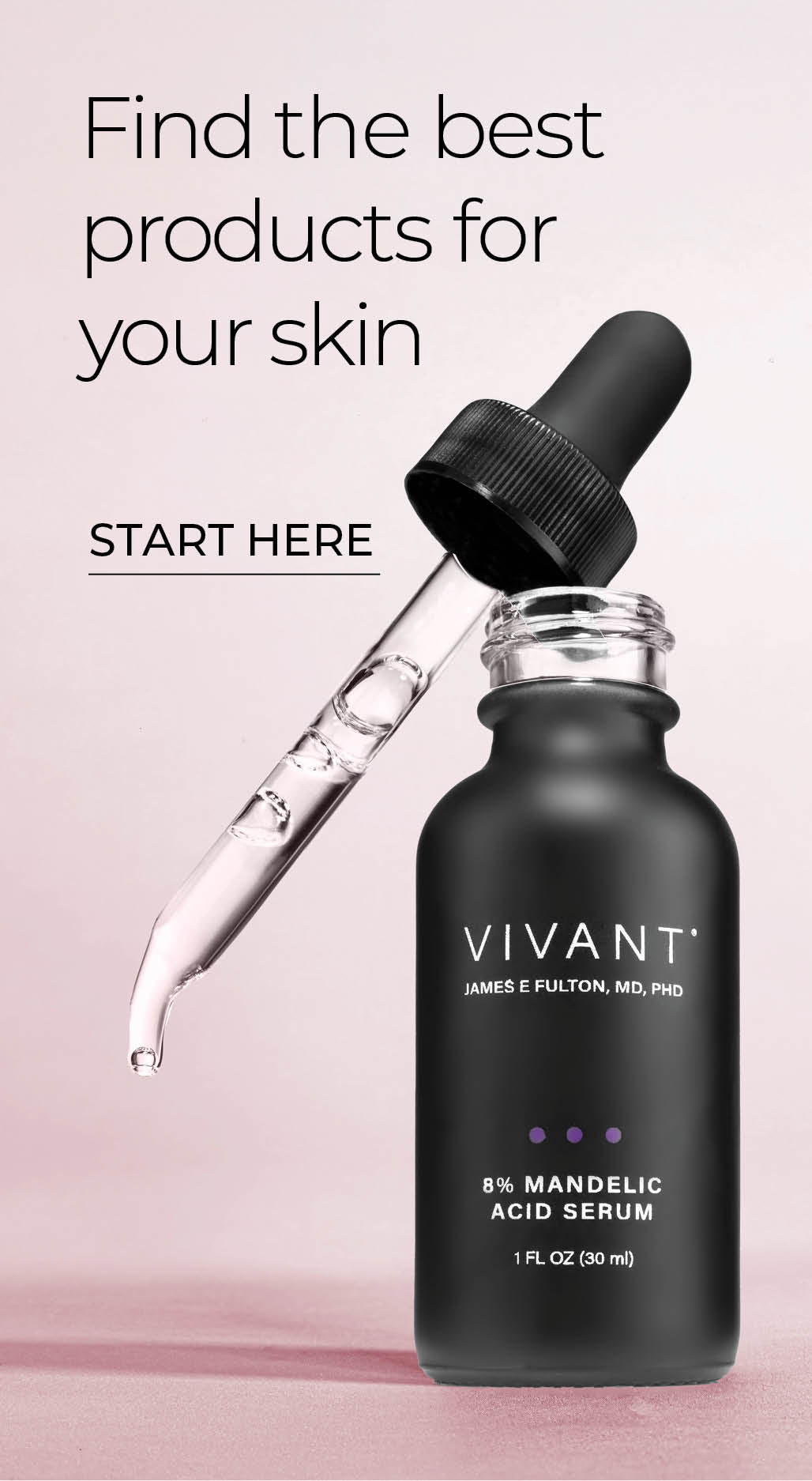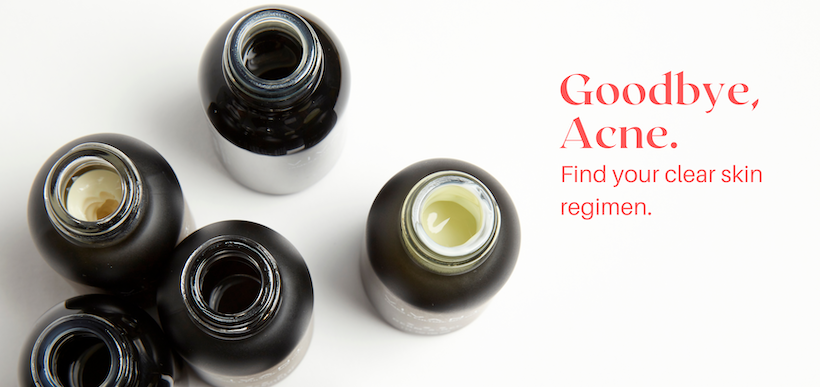Serum or Night Cream? Why We are Solidly on the Side of Serum

Table of content
No one questions the night cream. Your mother and grandmother likely advised night cream is a necessity. Maybe they passed along their favorite brand, and maybe you have used it ever since. Or you’ve upgraded to one of the exquisitely packaged modern varieties. But night cream is not something to take at face value.
Not everyone needs a night cream
Despite the ubiquity of night creams, not every skin needs one. For very dry or mature skin, a night cream can seal in moisture and help to restore suppleness. For most others, a night cream is unnecessary and may be interfering with the effectiveness of other products.
The thing about night creams is that in order to achieve the luxurious thickness that makes them so desirable, a lot of inactive ingredients—thickeners, stabilizers, and fillers—are required. That leaves little room for the actives that have a real effect on your skin. Things like vitamin A, antioxidants, peptides, and alpha hydroxyl acids. And it means that those ingredients that you are paying all that money for in a night cream, have less opportunity to penetrate and do their work because they have to get through that heavy layer of emulsification.
Serums, on the other hand, are thinner, lighter, fluid formulations of highly concentrated actives. There is nothing to get in the way of these small molecules getting beneath the surface where they can get to work to effect change in your skin.
One of the most crucial benefits of a serum is enhancing and accelerating cell turnover. Using a serum at night takes advantage of the body’s natural repair time. Sleep is when cells go into regenerative mode. You want to support and enhance this natural process. Creams tend to sit on the surface and act as a barrier, sometimes trapping dead skin cells and clogging pores, which can lead to breakouts.
A well-formulated serum can be hydrating and highly supportive of a healthy skin barrier without loading skin down with heavy ingredients. Lactic acid, for instance, is a gently exfoliating alpha hydroxy acid that also acts as a moisture binder. Niacinamide is a boosts ceramide production and bolsters the skin barrier. Urea is a natural humectant. Vitamin A boosts collagen synthesis. Peptides stimulate the production of the body’s ultimate humectant and skin plumper hyaluronic acid.
Recommended serum
Sometimes, especially in the winter months, you may want some additional moisture at night. That’s why we make Allantoin Sedating & Hydrating Lotion and Marine Skin Nourishing Cream . Both are lightweight, non-greasy, non-occlusive moisturizers rich in antioxidants and nutrients. Both are light enough to apply in the morning as well. Always apply your serum first and allow it to sit a minute or two before applying your moisturizer.
We’ll admit there’s something comforting about a night cream—that big tub of creamy softness to slather on before bed the way women have been doing since the days when lard was the preferred moisturizer. The apothecary bottle with its pharmacy-style dropper that houses a serum is certainly more clinical. But when you consider that the reason it’s packaged that way is because the high concentrations of active ingredients need protection from light and air, you can find all the comfort you need in efficacy.


Comments